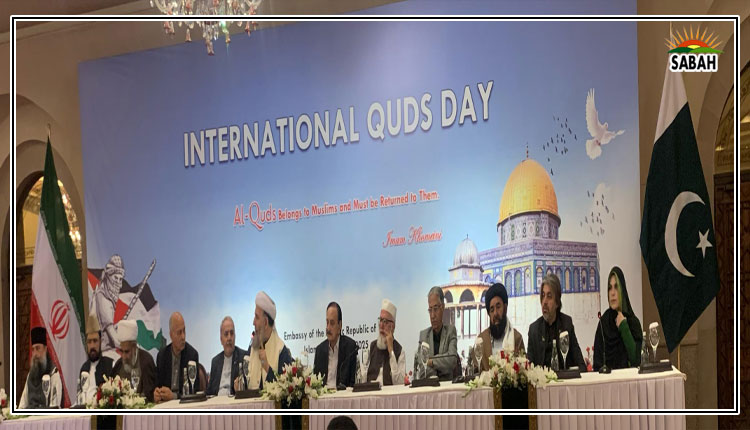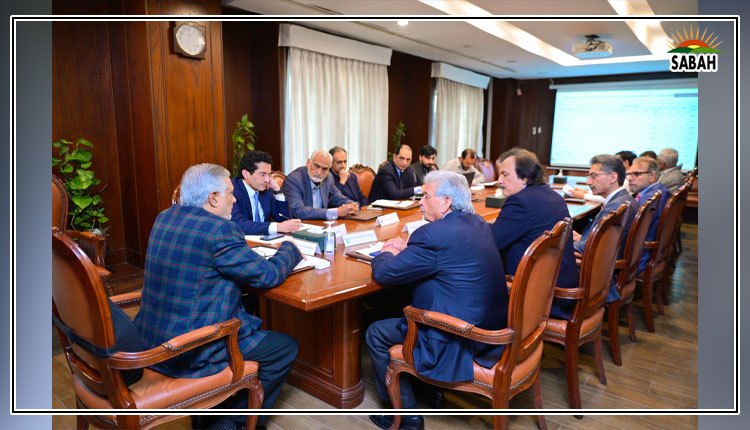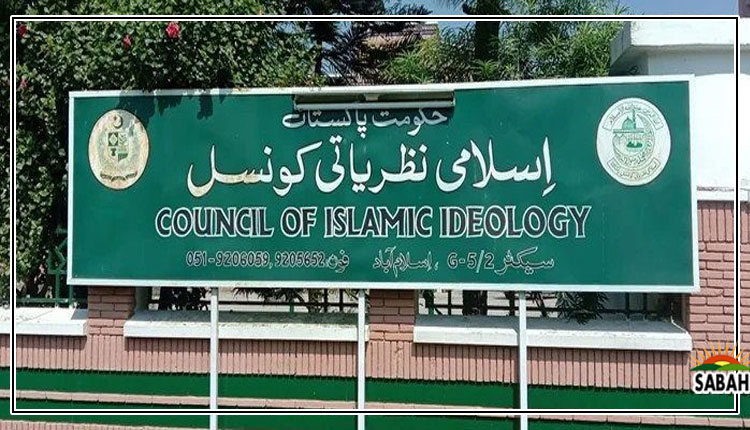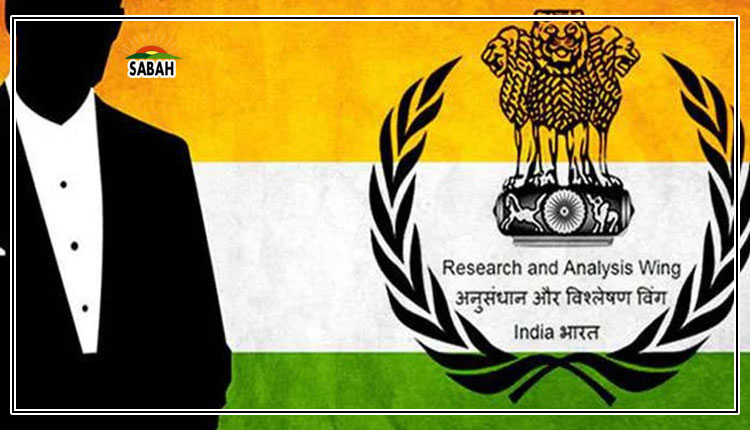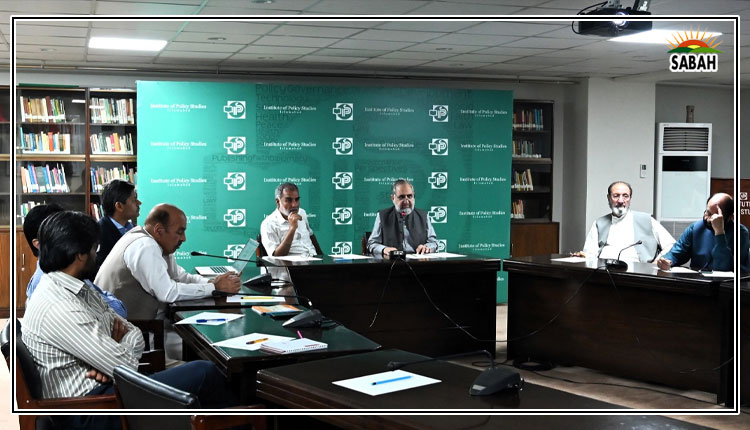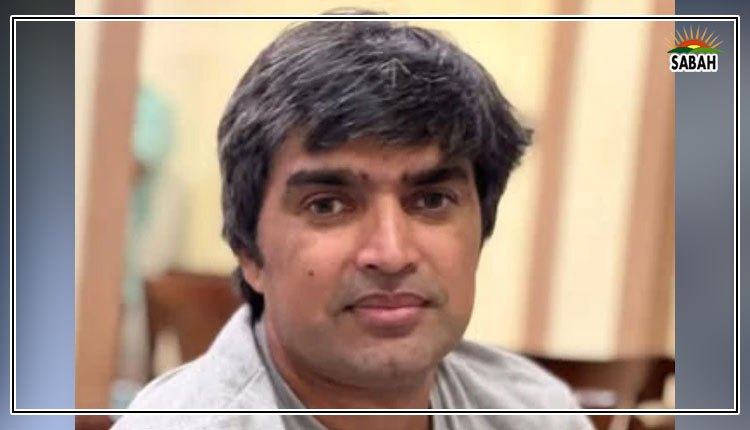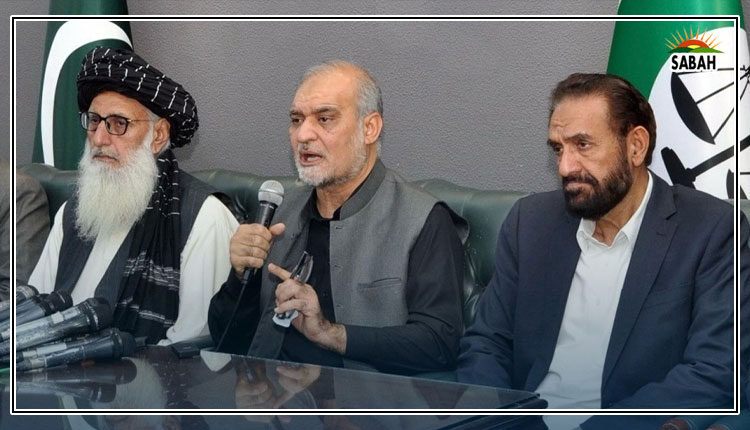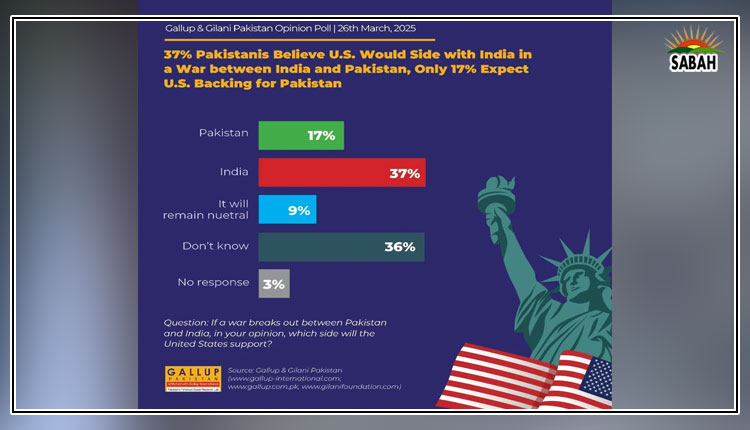Targeting militant sanctuaries …. Zahid Hussain
THE long-simmering tension between the two countries now threatens to escalate into a full-blown conflict after Pakistan’s latest air strike on militant sanctuaries inside Afghanistan. The Afghan Taliban regime claims to have retaliated by firing with heavy weapons at Pakistani border security posts. It has now gone beyond a war of words. The latest military actions mark a new low in Pakistan’s relations with the interim Taliban regime.
The current crisis has come after yet another terrorist attack at a security post last week in North Waziristan by a militant group operating from across the border, claiming the lives of seven Pakistani soldiers. Islamabad seems to have lost its patience after this attack. The air strike came a day after Pakistani leaders vowed to take the war to the terrorist sanctuaries across the border. Pakistan has lost more than 300 security personnel to terrorist attacks in the last two years, mainly carried out by the TTP (whose leadership is based in Afghanistan) and its affiliates.
There have been conflicting reports about the casualties. While Pakistan claims to have targeted militants in the air strikes, Kabul says those killed were women and children. A Pakistan Foreign Office statement said the intelligence-based action targeted militants belonging to the Gul Bahadur group believed to have been involved in most of the terrorist attacks, which have escalated in the past two years. One of the most powerful militant commanders, Gul Bahadur has also been closely associated with Al Qaeda.
As per reports, this would not have been the first time that Pakistan conducted air strikes inside Afghanistan. But it has always maintained a degree of plausible deniability. Pakistan last year reportedly bombed targets in the Salala neighbourhood in Nangarhar province, but the Foreign Office rejected the reports. There had also been some reports of Pakistan having carried out cross-border operations to take out militant leaders based in Afghanistan. But there has never been official confirmation of those attacks.
Curiously, Pakistan has now gone public, claiming it conducted the air strikes in the Afghan provinces of Paktika and Khost, which host thousands of militants belonging to various factions of the TTP. It reflects Islamabad’s rising ire over the escalation in terrorist attacks in Pakistan, which have targeted mainly the security forces. Belligerent statements from some Afghan Taliban leaders seem to have also pushed Pakistan into issuing a public warning.
A wider conflagration’s spill-over effects will be disastrous for our internal and external security.
In a statement, Afghanistan’s defence ministry, headed by Mullah Yaqoob, warned Pakistan of serious consequences: “The country’s defence and security forces are ready to respond to any kind of aggression and will defend the country’s territorial integrity in any situation.” The statement also called the Durand Line, which divides the two countries, “artificial”. The Afghan Taliban leaders have repeatedly challenged the legitimacy of the Durand Line. The war of words highlights the worsening tensions between Islamabad and the Kabul regime.
According to Pakistani officials, 5,000 to 6,000 TTP militants have taken shelter in Afghanistan. If their family members are included, the number is in the tens of thousands. Most had fled the army operation in the former tribal regions in 2014. Many of them have also been fighting alongside the Afghan Taliban against foreign forces. The TTP has virtually become an extension of its Afghan counterpart, and it is not surprising that there has been a massive surge in militant activities in Pakistan after the end of America’s war and the return of Taliban rule in Afghanistan.
Pakistan has directly held the Afghan Taliban regime responsible for the terrorist attacks. “The Afghan interim government is not only arming the terrorists but also providing a safe haven for other terrorist organisations as well as being involved in incidents of terrorism in Pakistan,” an ISPR said in a statement after the latest terrorist attack in North Waziristan.
Pakistan has also accused some of the Afghan Taliban commanders of using the TTP as a proxy. It is certainly a grave situation. There has also been strong evidence of the Afghan Taliban being involved with the TTP in conducting cross-border terrorist attacks. Last year, hundreds of militants crossed the border and overran Pakistan’s security posts in Chitral. For the security forces in Pakistan, another primary concern is that of the militants laying their hands on the modern weaponry left behind by Nato troops and the former Afghan army.
Given their long connection and ideological proximity, the Afghan Taliban will not take action against their fellow jihadists. Instead, they insist that Islamabad make peace with the group, which has been responsible for the killing of thousands of people in Pakistan. Indeed, Pakistan has few options after the failure of diplomatic efforts to persuade the Islamic regime to expel the TTP.
Nevertheless, military options have severe repercussions for regional peace. A wider conflagration’s spill-over effects will be disastrous for the country’s internal and external security. Indeed, we must keep up pressure on the Afghan Taliban but should not close doors on diplomatic efforts. Instead of knee-jerk reactions, we must think more rationally.
There is no doubt that the Afghan Taliban’s return to power has been a major contributory factor in the revival of terrorist violence in Pakistan. However, the absence of a coherent strategy on Pakistan’s part has also allowed the TTP to claw back some lost space in the former tribal districts, as has the prevailing law and order situation. Indeed, the policy of appeasement has come back to haunt us.
According to some reports, the TTP fighters are back in many border districts and have set up security check-posts. It is almost a return to the pre-military operation situation — perhaps even worse, as the militants seem to be better organised this time and possess sophisticated weapons.
The attacks against Pakistan’s security forces are being carried out with impunity, raising questions about our strategy to deal with the situation. The growing political and economic instability has also vitalised the militant group. We have to put our own house in order. Unfortunately, we have not learnt any lesson.
The writer is an author and journalist.
zhussain100@yahoo.com
X: @hidhussain
Courtesy Dawn, March 20th, 2024


